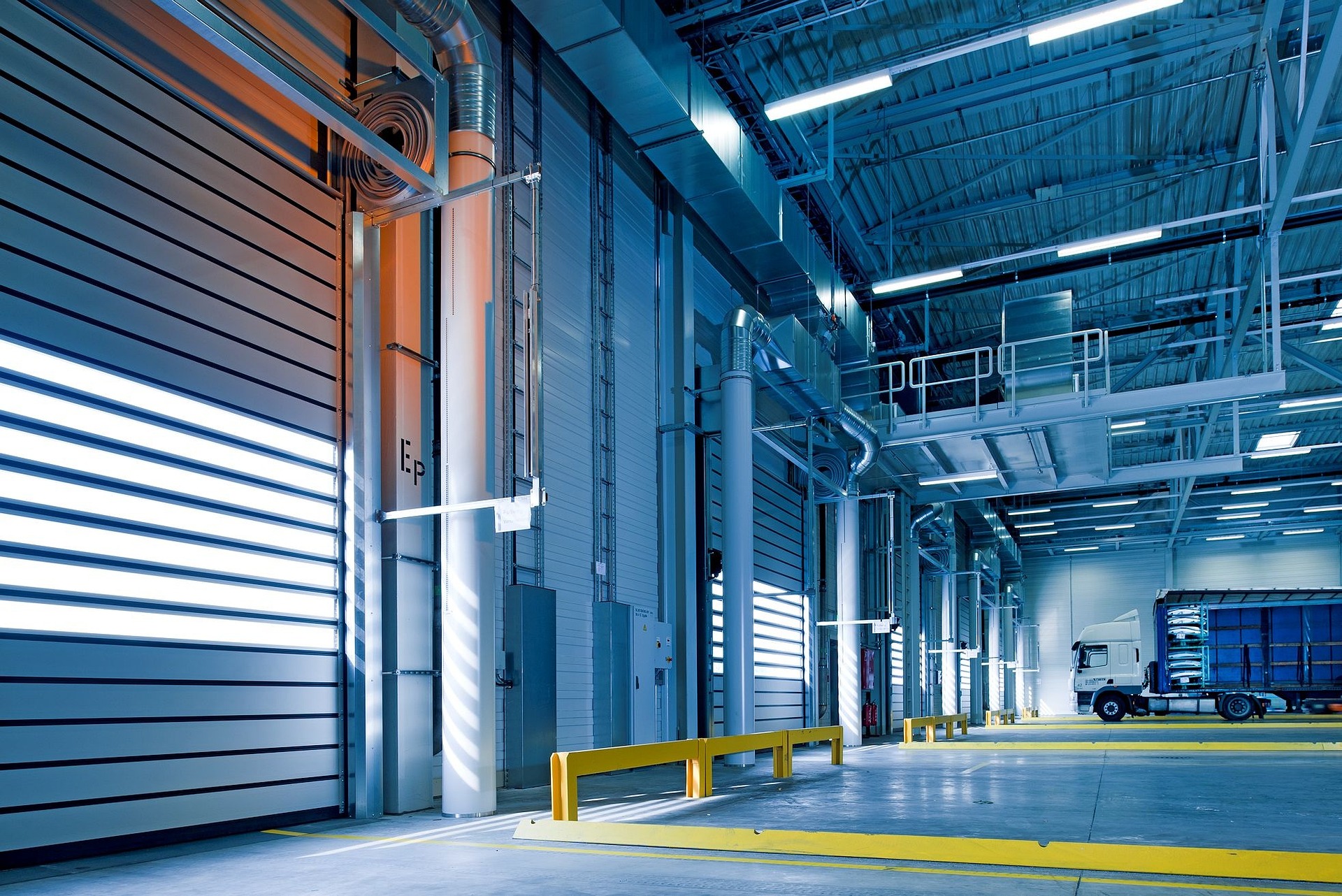A Deep Dive into the Emerging Trend of Adaptive Reuse in Real Estate
Introduction As urban landscapes evolve, the world of real estate is witnessing a unique trend: adaptive reuse. Transforming existing structures into modern, functional spaces, this strategy presents intriguing opportunities for investors and developers alike.

The Genesis of Adaptive Reuse
Adaptive reuse, a concept originating in the mid-20th century, involves repurposing old buildings for new uses while preserving their historical and architectural value. Initially, it was seen as a sustainable and cost-effective way of preserving architectural heritage. However, over time, it has emerged as a viable strategy in the real estate sector due to its potential for high returns and positive community impact.
The Present Scenario: A Rising Trend
In recent years, adaptive reuse projects have seen a significant uptick. This trend is driven by the need for affordable housing in urban areas, the shift towards sustainable construction practices, and the desire for unique living and working spaces. These projects breathe new life into neighborhoods, attracting new businesses and boosting local economies.
Pros and Cons of Adaptive Reuse
Adaptive reuse projects can offer numerous advantages - from tax incentives and shorter construction timelines to increased property values and positive community impact. However, these projects also present challenges such as unforeseen renovation costs, complex regulatory and approval processes, and potential structural and environmental issues.
The Financial Implication: An Investor’s Perspective
From an investor’s perspective, adaptive reuse can be a lucrative investment strategy. It often costs less than new construction and can generate higher rental income due to the uniqueness of the property. However, investors should conduct thorough due diligence, taking into account potential renovation costs, market demand, and local regulations.
The Future of Adaptive Reuse
Given the current drive towards urban regeneration and sustainability, the future of adaptive reuse appears promising. As more investors and developers recognize the potential of this strategy, it’s likely to play a pivotal role in shaping the future of the real estate industry.
In conclusion, adaptive reuse is an innovative real estate strategy that offers unique opportunities and challenges. As with any investment, due diligence and a thorough understanding of the local market are key to success. It’s an exciting time in the world of real estate as we see old structures come to life in new, meaningful ways.






